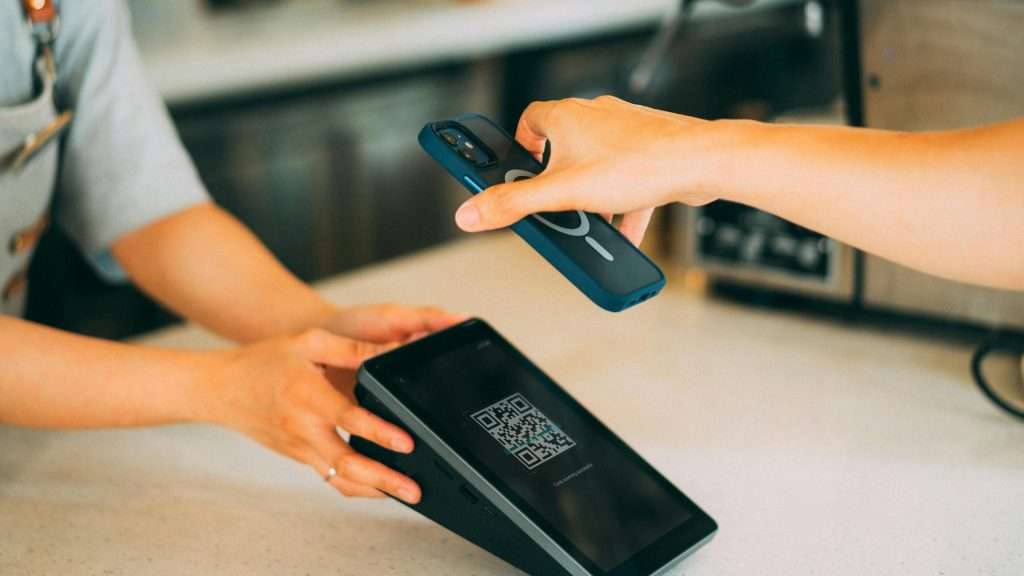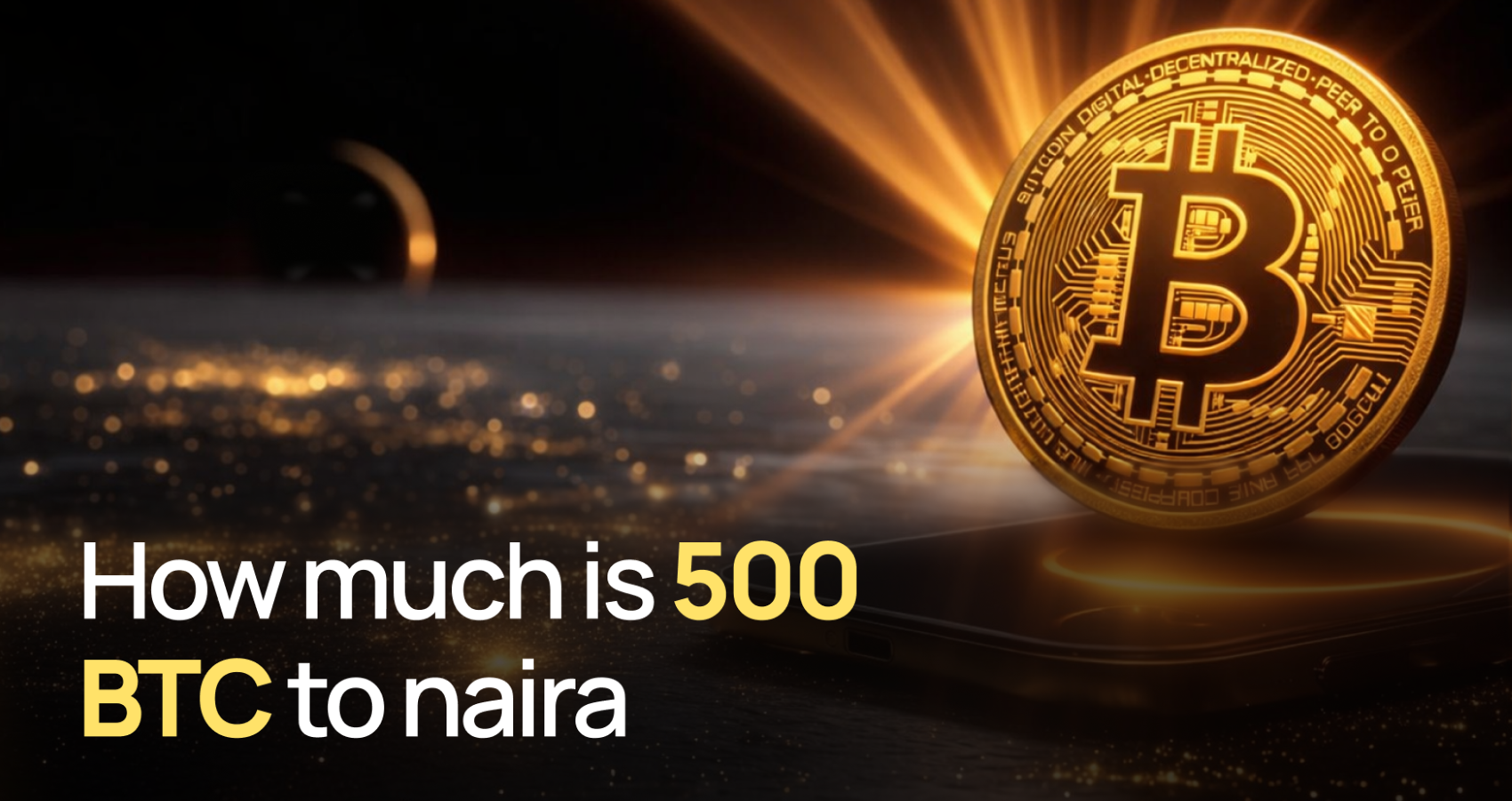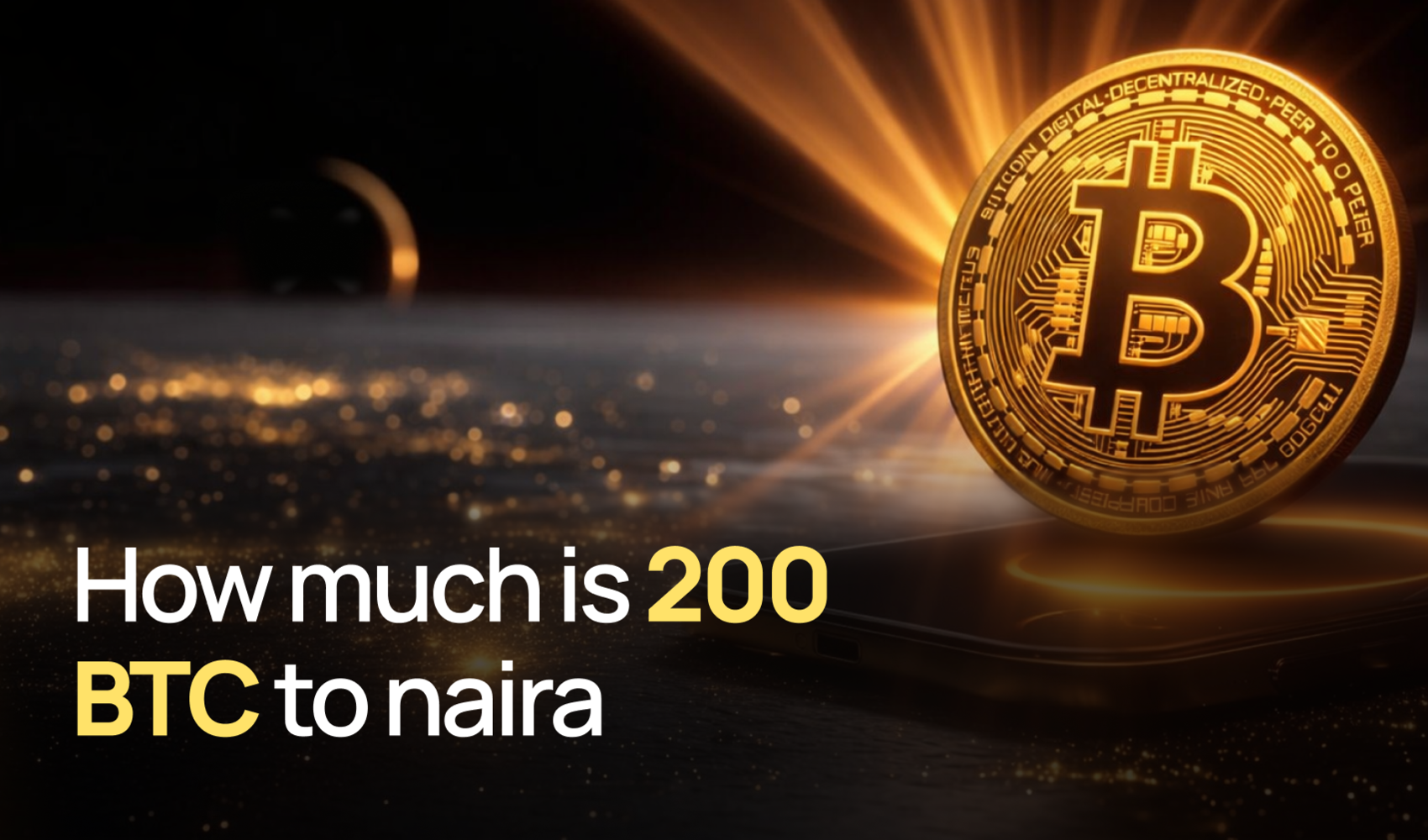
Can You Fix or Cancel Unconfirmed Bitcoin Transactions?
Cancel Unconfirmed Bitcoin Transactions? : Yes, it is possible to cancel or fix unconfirmed Bitcoin transactions through specific methods, provided the transaction has not yet been confirmed by the network.

Understanding Unconfirmed Bitcoin Transactions
An unconfirmed Bitcoin transaction occurs when a transfer of Bitcoin has been initiated but has not yet been included in a block on the blockchain.
This may be your case: you’ve sent some Bitcoin, and now you’re staring at your wallet waiting for confirmation. Minutes pass. Then hours. Still nothing. You start to wonder, “Did I do something wrong? Is my transaction stuck forever?”
Relax, this is more common than you think. And yes, there are ways to fix or even cancel an unconfirmed Bitcoin transaction.

This delay in confirmation can arise due to various factors such as network congestion, low transaction fees, or technical issues. While Bitcoin transactions typically achieve confirmation within minutes, unforeseen circumstances may prolong this process, leaving transactions in a state of limbo.
Why are some Bitcoin Transactions unconfirmed?

Bitcoin transactions are typically known for their speed and efficiency, but occasionally, users may encounter the frustrating scenario of an unconfirmed transaction. Understanding the reasons behind unconfirmed transactions is crucial for effectively addressing and resolving these issues. Several factors contribute to the occurrence of unconfirmed Bitcoin transactions:
1. Network Congestion:
Network congestion occurs when the Bitcoin network is experiencing a high volume of transactions, surpassing its processing capacity. During periods of increased activity, such as when there is a surge in trading or significant events impacting Bitcoin’s price, the network may become congested, leading to delays in transaction confirmation. Miners prioritize transactions with higher fees, leaving lower-fee transactions pending in the mempool until network activity subsides.
2. Insufficient Transaction Fees:
Bitcoin transactions require a fee to incentivize miners to include them in a block and validate them on the blockchain. When users set low transaction fees, their transactions may not be prioritized by miners, especially during times of network congestion. Consequently, these transactions remain unconfirmed until miners choose to include them in a block, which could take an extended period.
3. Low Priority Transactions:
Certain Bitcoin wallets or services may prioritize cost-saving measures by sending transactions with low priority. While this approach reduces transaction fees, it also increases the likelihood of transactions remaining unconfirmed, particularly when the network is congested. Users may unknowingly select low-priority settings or fail to adjust transaction fees according to network conditions, resulting in delayed confirmations.
4. Transaction Backlogs:
Occasionally, technical issues or bottlenecks within the Bitcoin network can lead to transaction backlogs, where a large number of transactions accumulate in the mempool awaiting confirmation. These backlogs can arise due to software bugs, network upgrades, or other unforeseen circumstances, causing delays in transaction processing. While developers work to address these issues promptly, users may experience temporary disruptions in transaction confirmations.
5. Spam or Attack Transactions:
In some cases, malicious actors may flood the Bitcoin network with spam or attack transactions, aiming to disrupt normal network operations. These transactions may clog the mempool and delay the confirmation of legitimate transactions, creating inconvenience for users. While such attacks are relatively rare, they can impact network performance and contribute to the occurrence of unconfirmed transactions.
6. Wallet or Software Issues:
Errors or glitches within Bitcoin wallets or software can also lead to unconfirmed transactions. For instance, if a wallet fails to broadcast a transaction to the network properly or encounters synchronization issues with the blockchain, the transaction may remain in a pending state. Users should ensure that they are using reliable and up-to-date wallet software to minimize the risk of encountering such issues.
Will Unconfirmed Bitcoin Transaction Be Returned
The short answer is: yes, but only under specific circumstances. If a Bitcoin transaction remains unconfirmed for a long time, there’s a good chance it will eventually be dropped from the network, and the funds will return to your wallet. However, this isn’t a guarantee, and understanding how this works can save you time, stress, and maybe even some Bitcoin.
Fix Unconfirmed Bitcoin Transaction

When faced with an unconfirmed Bitcoin transaction, it is essential to remain calm and assess the situation methodically. Several steps can be taken to expedite the confirmation process and ensure the successful completion of the transaction.
Checking Transaction Status
The first step in resolving an unconfirmed Bitcoin transaction is to verify its status on the blockchain. By entering the transaction ID or wallet address into a blockchain explorer, users can track the progress of their transaction and ascertain whether it has been broadcasted to the network.
Resubmitting the Transaction with a Higher Fee
In cases where a Bitcoin transaction remains unconfirmed due to low fees, users can opt to resubmit the transaction with a higher fee. By increasing the transaction fee, miners are incentivized to prioritize the transaction, expediting its confirmation. Most Bitcoin wallets offer the option to adjust transaction fees manually, allowing users to adapt to fluctuating network conditions.
Utilizing Transaction Accelerators

Transaction accelerators provide an alternative solution for expediting unconfirmed Bitcoin transactions. These services, offered by various mining pools and platforms, allow users to submit their transaction IDs for priority inclusion in the next block. While some accelerators may require a fee for their services, they can significantly reduce the waiting time for transaction confirmation, especially during periods of network congestion.
By leveraging transaction accelerators, users can bypass the natural order of transaction inclusion in blocks and increase the likelihood of their transactions being confirmed promptly.
How Transaction Accelerators work:
When a user submits a transaction to a blockchain network, it enters a pool of unconfirmed transactions known as the mempool. Miners select transactions from the mempool based on factors such as transaction fees and prioritize those with higher fees. Transaction accelerators intervene in this process by influencing miners to prioritize specific transactions submitted through their service.
Upon receiving a transaction ID from a user, a transaction accelerator broadcasts the transaction to its network of miners, signaling the importance of prioritizing that transaction for inclusion in the next block. Miners, incentivized by the accelerator’s fee or other considerations, give preference to these transactions, expediting their confirmation on the blockchain.
Implementing Replace-By-Fee (RBF) or Child-Pays-For-Parent (CPFP)

Replace-By-Fee (RBF) and Child-Pays-For-Parent (CPFP) are advanced techniques that can be employed to accelerate unconfirmed Bitcoin transactions. RBF enables users to replace an unconfirmed transaction with a new one that includes a higher fee, effectively overriding the previous transaction. Similarly, CPFP involves creating a new transaction that spends the unconfirmed output of the original transaction, attaching a higher fee to incentivize miners to confirm both transactions simultaneously.
Replace-By-Fee (RBF)
Replace-By-Fee (RBF) is a feature that allows users to replace an unconfirmed Bitcoin transaction with a new one that includes a higher fee. This functionality enables users to adjust the fee of a transaction after it has been broadcasted to the network but remains unconfirmed. By increasing the transaction fee, users can incentivize miners to prioritize the new transaction over the original one, expediting its confirmation.
How RBF Works:
- Initial Transaction: A user initiates a Bitcoin transaction and broadcasts it to the network. However, due to low fees or other factors, the transaction may remain unconfirmed for an extended period.
- Creating a Replacement Transaction: Using a wallet that supports RBF, the user generates a new transaction with a higher fee, replacing the original transaction. The new transaction includes the same inputs and outputs as the original one but with an increased fee to incentivize miners.
- Broadcasting the Replacement Transaction: The user broadcasts the replacement transaction to the network, signaling to miners that it should supersede the original transaction. Miners, motivated by the higher fee, prioritize the replacement transaction, resulting in faster confirmation on the blockchain.
Child-Pays-For-Parent (CPFP)
Child-Pays-For-Parent (CPFP) is another technique used to accelerate unconfirmed Bitcoin transactions by creating a dependent transaction with a high fee. CPFP involves spending unconfirmed transaction outputs (UTXOs) in a new transaction and attaching a high fee to incentivize miners to confirm both the original and dependent transactions simultaneously.
How CPFP Works:
- Identifying Unconfirmed Transaction Outputs: A user identifies a transaction output from an unconfirmed transaction (parent transaction) that they control and wish to accelerate. This unconfirmed output serves as the basis for the CPFP transaction.
- Creating a Dependent Transaction: Using a wallet that supports CPFP, the user creates a new transaction (child transaction) that spends the unconfirmed output from the parent transaction. The child transaction includes a higher fee than the parent transaction to incentivize miners.
- Broadcasting the Dependent Transaction: The user broadcasts the dependent transaction to the network, along with the parent transaction. Miners, seeing the high fee attached to the child transaction, prioritize confirming both transactions to collect the fees, thus accelerating the confirmation of the parent transaction.
Exercising Patience
While the aforementioned strategies can help expedite the confirmation of Bitcoin transactions, it is essential to exercise patience during periods of network congestion or technical challenges. In most cases, unconfirmed transactions are eventually included in a block and confirmed on the blockchain, albeit with some delay. Monitoring the transaction status and staying informed about network conditions can alleviate concerns and facilitate a smoother resolution process.
Conclusion
Unconfirmed Bitcoin transactions pose a common challenge for cryptocurrency users, but with the right approach, they can be effectively resolved. By understanding the underlying causes of unconfirmed transactions and employing appropriate strategies such as fee adjustments, transaction accelerators, and advanced techniques like RBF and CPFP, users can navigate through the complexities of the Bitcoin network with confidence. While occasional delays may occur, maintaining vigilance and patience ensures the successful completion of Bitcoin transactions in the ever-evolving landscape of digital finance.
Tobi brings stories to life as the Content Writer and Creator at Dtunes, blending creativity with strategy to connect with audiences. When she’s not crafting content, you’ll find her traveling, meeting new people, or trying out exciting things.




